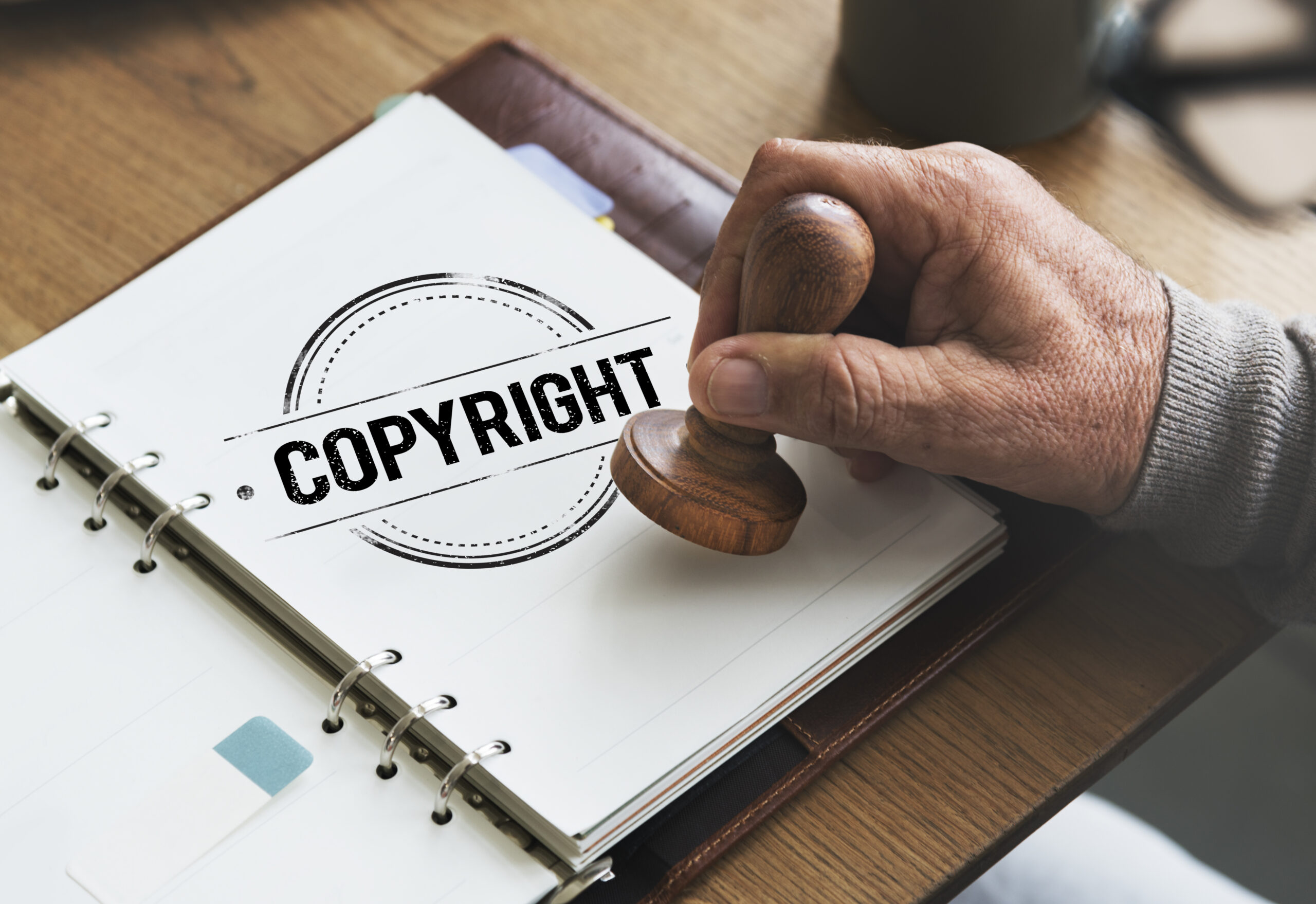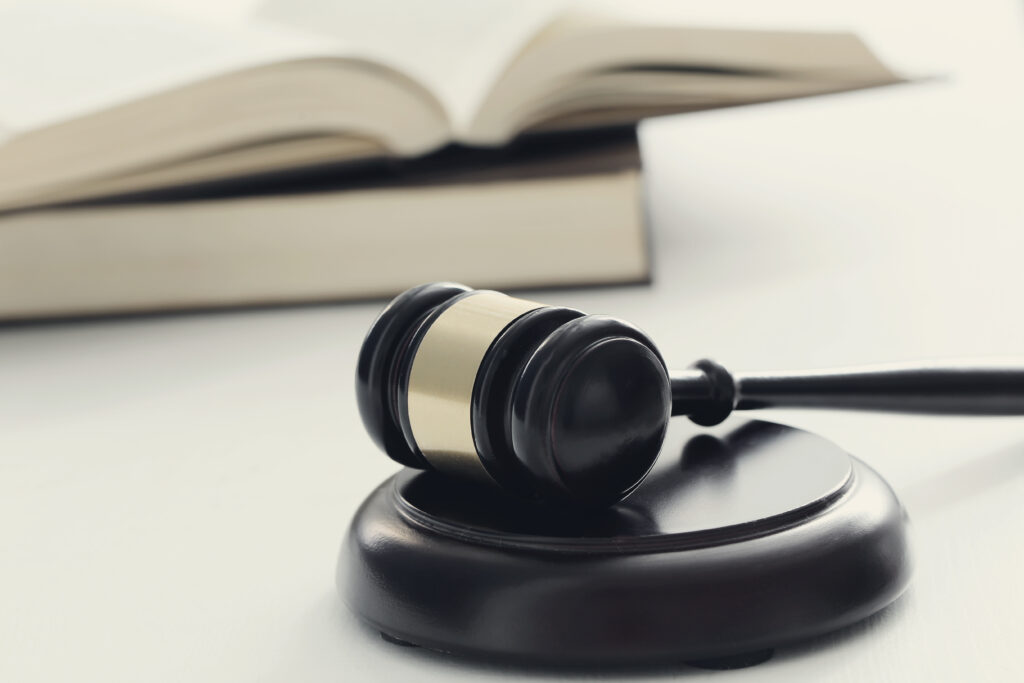
Generative Artificial Intelligence (AI) has revolutionized various industries, but its impact on copyright law remains a contentious issue. As this technology generates content autonomously, questions arise about whether it infringes on existing copyright protections. The intersection of AI and intellectual property rights poses complex challenges for creators, businesses, and legal experts alike. With the rapid advancement of AI capabilities, the debate surrounding copyright infringement by generative AI continues to evolve. Understanding the historical context of copyright law and its application to emerging technologies like generative AI is crucial in navigating this intricate landscape.
Table of Contents
AI and Copyright Basics
Copyright Law Overview
Copyright law is crucial for safeguarding creators’ rights by granting them exclusive control over their creations. It ensures that creators receive recognition and financial benefits for their work. Key elements include originality, fixation, and tangible form, which establish the basis for copyright protection. This law applies to various creative works like literary pieces, artistic creations, and musical compositions.
Generative AI Defined
Generative AI refers to technology that can autonomously create content based on existing data patterns. It stands out from other forms of artificial intelligence due to its ability to generate new content rather than relying solely on predefined algorithms. Generative AI has the potential to transform content creation processes by introducing efficiency and innovation.
Original Content Creation
Creating original content is paramount in the creative industry as it showcases individuality and creativity. While digital advancements have made content creation more accessible, maintaining originality poses challenges amidst a sea of information. However, producing original content offers unique advantages such as establishing a distinct brand identity and engaging audiences authentically. Generative AI introduces a shift in the concept of originality by enabling automated content generation, raising questions about creativity and authorship.
Legal Implications Explored
Recent Lawsuits Overview

New York Times Case
- The New York Times engaged in a lawsuit against tech companies for copyright infringement.
- This case sheds light on the challenges of using AI tools in content creation.
- Both parties presented arguments regarding intellectual property rights and AI-generated content.
Legal Framework Analysis
- The current legal framework faces challenges when applying copyright laws to AI-generated content.
- Traditional copyright laws struggle to address the nuances of generative AI technologies.
- Potential legal reforms are being considered to adapt copyright laws to the evolving landscape of AI.
AI as Content Creators
- The debate continues on whether AI should be recognized as creators of content.
- Recognizing AI as creators could significantly impact existing copyright regulations.
- AI’s creative capabilities raise questions about the originality and authorship of generated works.
Analyzing Copyright Interaction
AI vs Human Creativity
Artificial Intelligence (AI) and human creators differ in creative processes. While AI relies on algorithms and data, humans draw from emotions and experiences. Human creativity is driven by intuition and empathy, offering unique perspectives that AI may lack.
AI excels in producing content at scale and speed, but it struggles with originality and emotional depth. Human creators, on the other hand, bring authenticity and nuance to their work that AI cannot replicate. The collaboration between AI and humans presents opportunities to combine efficiency with creativity.
Copyright Infringement Criteria
Determining copyright infringement in AI-generated content involves assessing originality and creativity. Courts look at whether the content was produced independently or through copying. Factors like substantial similarity play a crucial role in identifying violations by AI tools.
Courts face challenges in proving copyright infringement in AI works due to the complex nature of algorithms. Proving intent becomes difficult when AI generates content autonomously. The legal landscape continues to evolve as courts navigate the nuances of copyright law in the digital age.
Fair Use Considerations
Fair use allows limited use of copyrighted material without permission for purposes such as criticism, commentary, or parody. When applied to AI-generated content, courts consider factors like transformative nature and market impact. Balancing innovation with intellectual property rights is crucial in fair use determinations.
Expanding fair use protections for AI developers raises questions about creativity boundaries. While promoting innovation is essential, safeguarding original creators’ rights remains paramount. Striking a balance between fostering technological advancements and protecting intellectual property is key for a sustainable creative ecosystem.
Impact on Creators’ Rights
Artificial intelligence has transformed the creative landscape, impacting traditional artists and authors significantly. The rise of AI-generated content poses a challenge to creators in safeguarding their intellectual property rights. Protecting original work from infringement becomes more complex with AI’s ability to replicate styles and generate similar content.
Creators often face difficulties in proving ownership of their work when AI produces similar pieces. This challenges the traditional notion of copyright protection and ownership. However, there is potential for collaboration between AI technologies and human creators. By leveraging AI tools, artists can enhance their creative process and explore new artistic possibilities.
Ethical Considerations of AI Content
Authenticity Questions
AI-generated content raises authenticity concerns due to the challenges in verifying originality effectively. The difficulty lies in distinguishing between AI-created works and human-produced content. This blurring of lines poses significant challenges for copyright protection.
Verifying the authenticity of AI-generated works remains a complex task for creators and regulators alike. The rapid advancement of AI technology complicates the process further, highlighting the need for robust verification mechanisms. As AI tools evolve, ensuring the originality of creative works becomes increasingly intricate.
The proliferation of AI-generated content has shifted perceptions of authenticity in creative works. Consumers may struggle to discern between human and AI creations, impacting the value attributed to artistic endeavors. This shift underscores the importance of addressing authenticity concerns in the context of AI-generated content.
Accountability in AI Creation
AI developers bear responsibility for ensuring compliance with copyright laws when creating content. Upholding accountability requires implementing measures to prevent infringement through AI tools effectively. Tech companies must prioritize ethical considerations to mitigate potential legal risks associated with copyright violations.
Tech companies play a crucial role in promoting ethical practices within the realm of AI content creation. By establishing guidelines and protocols, these entities can uphold accountability standards and safeguard against copyright infringements. Regulatory frameworks serve as essential mechanisms for enforcing compliance and holding AI creators accountable for their actions.
Regulatory frameworks play a pivotal role in ensuring accountability among AI creators by setting clear guidelines and standards for content creation. These frameworks help establish boundaries within which AI technologies must operate to avoid infringing on intellectual property rights. By emphasizing accountability, regulatory bodies contribute to fostering a more ethical environment for AI development.
Ethical Use Guidelines
Ethical guidelines are essential for guiding the responsible use of AI in content creation to protect creators’ rights adequately. Developers must prioritize ethical considerations when designing AI technologies to align with copyright laws effectively. Upholding ethical standards is crucial in fostering trust and integrity within the creative industry.
Developing best practices for AI developers is imperative to ensure ethical standards are met throughout the content generation process. By integrating ethics into every stage of development, creators can minimize the risk of copyright infringement and uphold moral principles in their work. Adhering to ethical guidelines helps maintain transparency and credibility in the use of AI technologies.
Technology’s Creative Potential
Enhancing Originality

AI technologies have revolutionized the creative landscape, enhancing originality by providing creatives with innovative tools. These tech solutions inspire new forms of artistic expression, pushing boundaries in content creation. The integration of AI in creative processes fosters innovation and creativity, unlocking new possibilities for creators.
- AI tools offer unprecedented opportunities for creatives to experiment with novel ideas.
- The ability of AI to analyze vast datasets helps artists derive unique insights for their work.
Limitations and Challenges Despite its benefits, using AI in content creation poses challenges. Technical constraints such as data limitations can hinder the effectiveness of AI-generated content. Moreover, ethical dilemmas arise concerning the authenticity and ownership of AI-created works. Overcoming these challenges requires a nuanced approach that balances technological advancements with ethical considerations.
- Limited data sets may restrict the diversity and depth of AI-generated content.
- Ethical concerns regarding plagiarism and intellectual property rights must be addressed.
Future Innovations
The future holds promising innovations in AI technologies for content creation. Anticipated advancements in generative AI are set to redefine the creative industries by offering cutting-edge tools for artists and tech firms alike. These developments will not only shape the future of content production but also have significant implications on copyright laws and intellectual property rights.
- Predictive algorithms in AI could revolutionize how creators anticipate audience preferences.
- Enhanced collaboration between humans and machines may lead to groundbreaking artistic endeavors.
Protecting Existing Copyrights
Preventive Measures
AI developers must implement strict copyright compliance protocols to prevent infringement risks in their technologies. By conducting regular copyright audits, developers can ensure that their AI systems do not violate existing copyrights. Educating developers about intellectual property laws is crucial in fostering a culture of respect for copyrights.
Implementing content filtering algorithms and metadata tracking mechanisms can help AI developers proactively address copyright concerns. By embedding these features into their technologies, developers can prevent unauthorized use of copyrighted material. Creating clear guidelines for data sourcing and content creation can also aid in mitigating infringement risks.
Education and awareness play a vital role in preventing unintentional copyright violations by AI tools. By providing comprehensive training on copyright laws and ethical content usage, developers can reduce the likelihood of infringement. Regular updates on copyright regulations and best practices can further empower developers to navigate copyright issues effectively.
Legal Remedies Available
Creators have legal remedies available to them in cases of copyright infringement by AI technologies. They can seek compensation for damages incurred due to unauthorized use of their work by AI systems. Creators also have the option to enforce their rights through legal actions against AI developers who infringe upon their copyrights.
Legal avenues such as cease-and-desist orders and injunctions provide creators with mechanisms to stop ongoing copyright violations by AI technologies. Seeking damages through litigation or settlements can serve as effective deterrents against future infringements. The legal system offers creators the opportunity to protect their intellectual property rights in the digital landscape.
The effectiveness of legal remedies in protecting creators’ rights in the digital age depends on swift enforcement and robust legal frameworks. Creators must be vigilant in monitoring potential infringements by AI technologies and taking prompt legal action when necessary. Collaborating with legal experts specializing in intellectual property law can enhance creators’ ability to safeguard their copyrights.
Policy Recommendations

Policy recommendations are essential for regulating AI-generated content and addressing copyright issues effectively. Updated policies are needed to adapt to the evolving landscape of content creation facilitated by AI technologies. Regulators should consider implementing guidelines that balance innovation with the protection of intellectual property rights.
Proposed policies should focus on establishing clear licensing frameworks for AI-generated content to ensure fair compensation for creators. Regulators must collaborate with industry stakeholders to develop comprehensive guidelines that address the complexities of copyright enforcement in AI-driven environments. Balancing technological advancement with regulatory oversight is crucial for fostering innovation while upholding creators’ rights.
Policy interventions aimed at addressing copyright challenges posed by AI technologies should prioritize promoting a sustainable ecosystem for content creation. By encouraging responsible use of AI tools and enforcing compliance with copyright laws, policymakers can support both innovation and creativity in the digital era.
The Future of AI in Creative Industries
Emerging Trends
AI technologies are revolutionizing content creation by enhancing efficiency and creativity in various industries. From automated content generation to personalized recommendations, AI is reshaping the creative landscape. The adoption of machine learning algorithms is enabling real-time data analysis and predictive content creation.
The evolving landscape of AI applications in creative industries is marked by increased collaboration between human creators and intelligent systems. These partnerships leverage AI’s capabilities to streamline workflows, optimize processes, and unlock new creative possibilities. As AI continues to advance, the integration of natural language processing and computer vision technologies is becoming more prevalent.
Potential trends in copyright laws are emerging to accommodate AI innovations. Lawmakers are exploring ways to address ownership rights, attribution, and fair use in the context of AI-generated content. The rise of AI-assisted creation poses challenges in defining authorship and originality, prompting discussions on updating intellectual property regulations.
Legal and Ethical Evolution
The evolution of legal and ethical frameworks is essential to navigate the implications of AI advancements on creative industries. As AI-generated content becomes more prevalent, there is a growing need to establish clear guidelines for ownership, licensing, and responsibility. Ethical considerations surrounding transparency, bias mitigation, and accountability are at the forefront of discussions.
Adapting copyright laws and ethical guidelines to address AI-generated content requires a collaborative effort between policymakers, industry stakeholders, and technology experts. Balancing innovation with intellectual property protection necessitates comprehensive reforms that safeguard creators’ rights while fostering innovation. The ongoing debates underscore the importance of establishing a harmonious relationship between technological progress and legal compliance.
Impact on Copyright Laws
The impact of AI technologies on copyright laws is profound, challenging traditional notions of authorship and creativity. With the proliferation of AI-generated content, lawmakers face complex issues related to ownership rights, licensing agreements, and infringement detection. Regulating AI-generated works requires a nuanced approach that considers both technological advancements and legal precedents.
Challenges and opportunities abound for lawmakers seeking to regulate AI-generated content effectively. Addressing issues such as algorithmic bias, data privacy concerns, and cross-border collaborations necessitates a global perspective on copyright legislation. As AI continues to evolve, policymakers must proactively adapt copyright laws to ensure a fair and equitable framework for all creators.
Summary
In exploring the intersection of generative artificial intelligence and copyright, you’ve delved into the complexities surrounding AI-generated content and its implications for creators and rights holders. From legal considerations to ethical dilemmas, you’ve witnessed the transformative power of technology in creative industries. As AI continues to push boundaries, protecting existing copyrights while fostering innovation remains a critical challenge.
Looking ahead, the future of AI in creative realms hinges on striking a balance between promoting creativity and safeguarding intellectual property rights. Your awareness and engagement with these issues can shape the discourse and decisions surrounding AI’s role in content creation. Stay informed, advocate for responsible AI use, and participate in discussions shaping the evolving landscape of copyright in an AI-driven world.
Related Article:
The following article may contain the author’s opinions and interpretations of the subject matter. Any of the products, services, or platforms mentioned is not sponsored or affiliated.
Featured Image by rawpixel.com on Freepik
